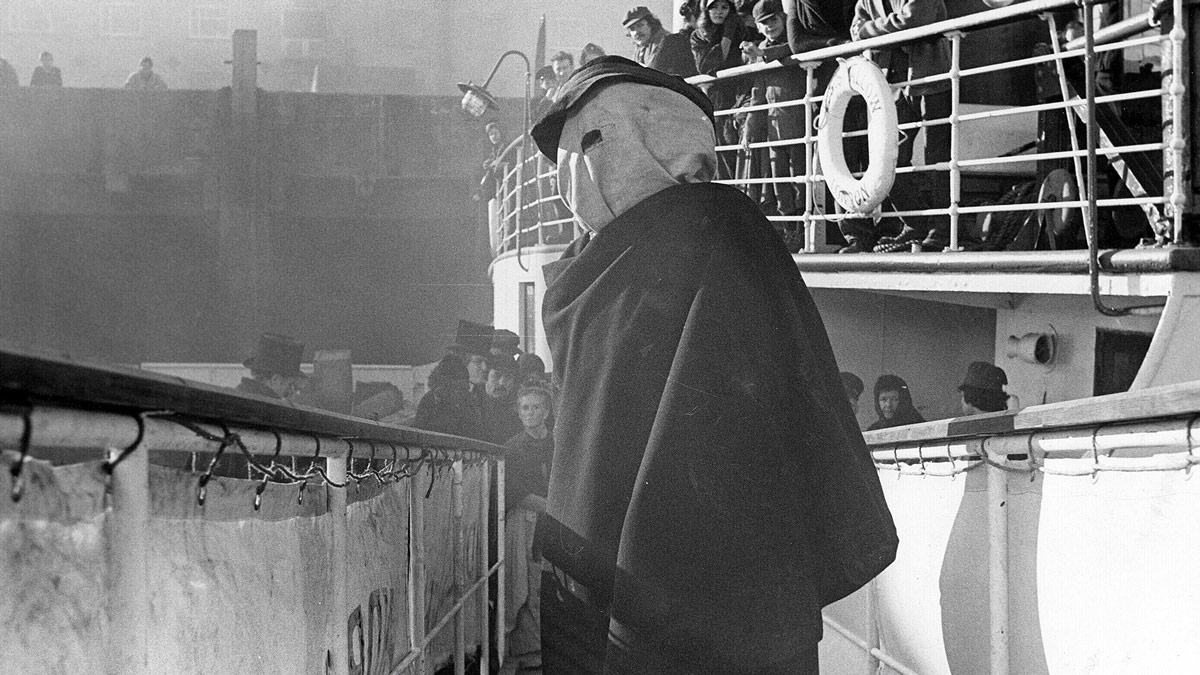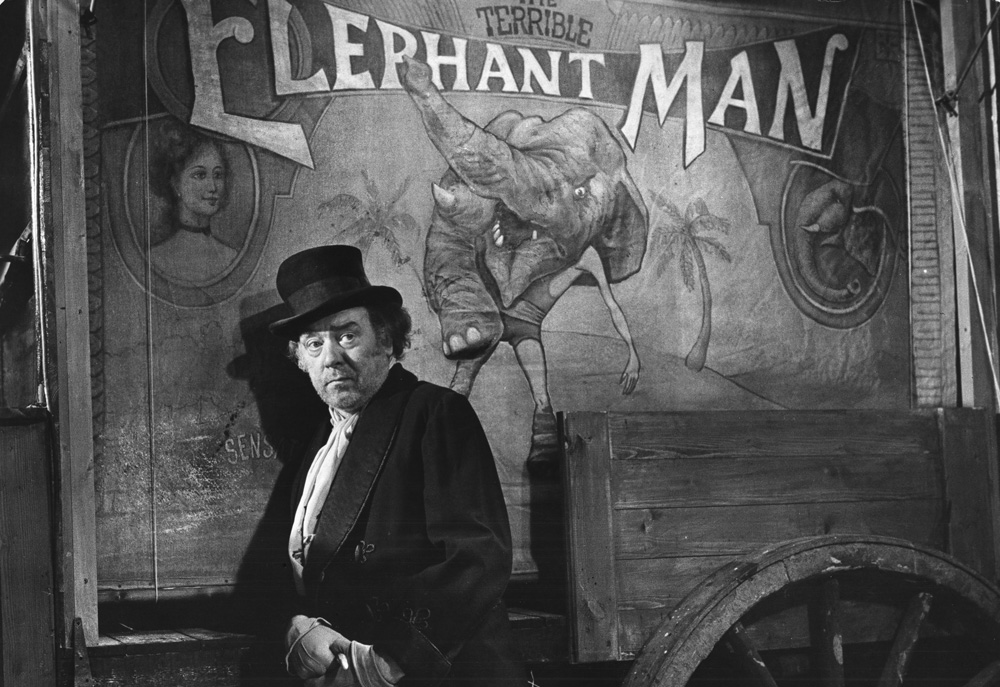
(c) Photofest / Getty Images
“The Elephant Man” What is the true “humanity” that the elephant man in the show house seeks?
2020.01.23
The independence of show houses and ethical issues
Nowadays, people with disabilities are becoming more involved in national politics, and their employment options are finally expanding, but what was this like in England at the end of the 19th century? At a time when there was no welfare compensation or employment support, freak shows were one of the few opportunities for employment for people with physical disabilities. Freak shows have a long history, dating back to the mid-16th century, when they seemed to have taken root among the common people as a form of popular entertainment in England. The showman then invited all kinds of freaks (deformed humans) from Japan and abroad. For example, it can be conjoined twins, dwarfism, or gigantism.
Joseph Merrick has rough, elephant-like skin, and his right arm and legs are strangely enlarged. He had abnormal swellings extending from his head to his right cheek, making him look like a half-human, half-elephant (in recent years, there has been a widespread belief that his disease was caused by Proteus syndrome). Joseph is picked up by showman Bites (Freddie Jones) and spends his days wandering as a showman. However, towards the end of the 19th century, a humanistic sense of ethics was formed among people, and there was a growing movement to exclude the existence of show houses, deeming them ugly, vile, and contrary to public order and morals. .

"The Elephant Man" (c)Photofest / Getty Images
In the name of charity - or perhaps hypocrisy - by the able-bodied majority of humanity, public entertainment such as freak shows quickly declined. The superficial consideration of able-bodied people deprived disabled people of their precious opportunities for independence. Although the showrooms in movies are depicted as extremely poor and vulgar environments, in reality, many of them actually played a role in helping people with disabilities gain independence by providing them with a stable income and independence. there were.
Tod Browning's ` `Monster' ' (1932), starring real disabled people, was controversial on moral grounds and a commercial failure. In a sense, this can be said to be the eradication of employment for people with disabilities. Director Browning disappeared from the film industry after suffering all kinds of criticism. This enlightenment of ethics began from the end of the 19th century to the beginning of the 20th century.
In the film, Joseph meets Frederick Treves (Anthony Hopkins), a prestigious surgeon at a London hospital, at exactly such a time. The authorities begin to crack down on the showman Baits's hut, and the hut is finally ordered to close. Dr. Treeves, who has a deep knowledge of anatomy, secretly invites Joseph, who has lost his job, to the hospital due to his academic interest.
What is true happiness sought in the midst of superficial charity?

